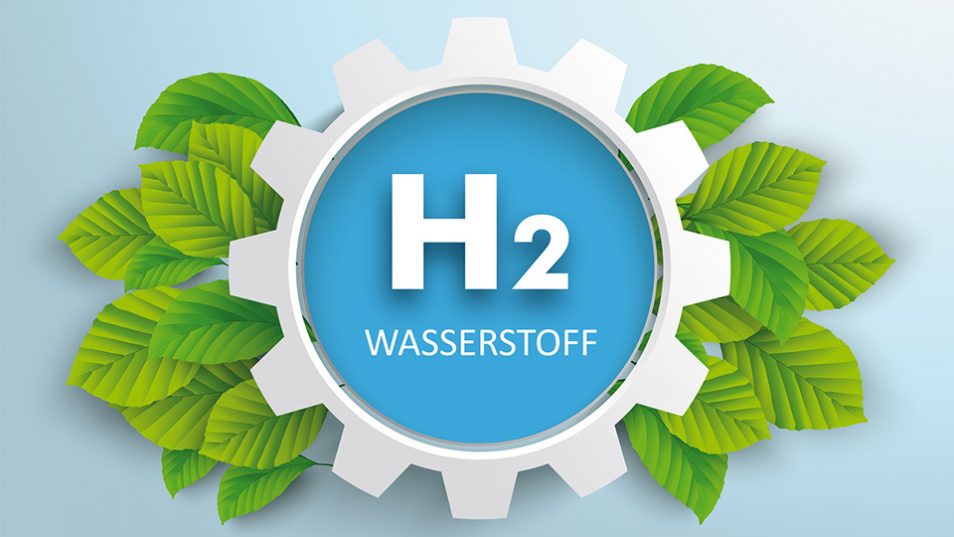Hydrogen research and technology in Japan
 © DWIH Tokyo/iStock.com/style-photography
© DWIH Tokyo/iStock.com/style-photography
The German Embassy Tokyo has compiled information on hydrogen research and technology in Japan. The overview summarizes the current situation and the goals of the Japanese government as follows:
“Japan has tightened its climate protection targets at the end of 2020. Hydrogen (H2) will play a central role in achieving carbon neutrality by 2050. After Japan laid out its vision of a hydrogen society and important milestones for its realization in 2017 as part of its “Basic Hydrogen Strategy”, the recently presented “Green Growth Strategy toward 2050 Carbon Neutrality” now sets new targets: An annual supply volume of at least 3 million tons of hydrogen (100 TWh) is to be achieved as early as 2030, and up to 20 million tons by 2050. An increase to 10 million tons of hydrogen by 2030 is currently under consideration. To achieve these goals, production costs need to be reduced to below 2 USD per kg hydrogen by 2050. Japan does not have a definition of “green” hydrogen. However, in the long term, the share of “green” hydrogen, which in Japan explicitly includes hydrogen from fossil fuels combined with CCUS (Carbon Capture, Utilization and Storage), is still expected to exceed Germany’s target, according to Japanese sources.
For its R&D landscape in the field of hydrogen technologies, Japan envisages not only ambitious targets but also additional funding: The establishment of a government fund in the amount of 2 trillion JPY (approx. €16 billion) starting in fiscal year 2021 for a period of 10 years for the development of green technologies, as well as tax incentives for relevant R&D investments, are intended to mobilize further investment in the private sector to achieve the carbon neutrality target. R&D will focus on technologies to reduce the cost of hydrogen production, especially electrolysis processes.
As a high-tech country, Japan is an important and worthwhile research and innovation partner for Germany in the field of hydrogen technologies.”
The complete overview (as of August 1, 2021) including highlights of Japanese hydrogen technology research and points of reference to Germany is available here for download (in German).

If you have any questions, please contact Dr. Lothar Mennicken, Head of the Science and Technology Section, German Embassy Tokyo.
EmailFurther information
Zukunft Wasserstoff? Potenziale, Herausforderungen und Lösungen der japanischen Strategie (Friedrich-Ebert-Stiftung, 2022; in German)
https://japan.fes.de/news-list/e/zukunft-wasserstoff
